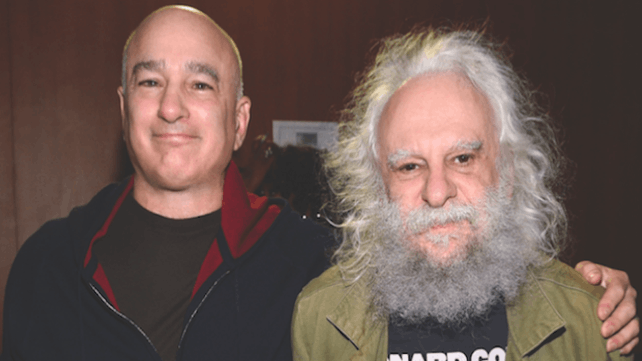Metallica’s Manager: The Percentage Major Labels Are Taking From Streaming Is Unjustifiably Too High
“If artists are only getting 15% of what comes in from Spotify to the label, that doesn’t seem fair to me.”

Metallica manager Cliff Burnstein was asked by All Access whether he thinks “your artists are getting their fair share of streaming revenues.”
As you may or may not know, Cliff’s Q Prime manages the likes of Metallica, the Red Hot Chili Peppers, Muse, The Black Keys, Cage the Elephant, and more. He replied:
“I would say that many artists who have signed deals with major labels are not really getting their fair share, because streaming is treated the same as single-track sales under a lot of those contracts.
“You have to start with the whole pie. Take the revenue generated by the streaming company, then a percentage of it is paid out to the labels. That percentage was pretty high, but even though they just cut it by three points or so, it can be an enormous amount of money.
“I’d say the total amount is fair in that the ratio is comparable to wholesale and retail prices we’ve had over the years with physical product. Digital downloads also had around the same percentage of revenue going to the labels.
“But the streaming business model is not inherently super-profitable when paying all that out to the labels, because Spotify has yet to make money. So is that fair to the streaming companies? Spotify may say it’s unfair, as would Apple Music.
“From my perspective, if artists are only getting 15% of what comes in from Spotify to the label, that doesn’t seem fair to me.
“I don’t know what the exact percentage should be. It depends; some labels have done almost everything for the artist, while they have done hardly anything for others.
“The thing is, if the music world becomes entirely based on streaming, then the labels would have little if any manufacturing and distribution costs, and getting 85% while the artist gets 15% wouldn’t seem fair to me.”







